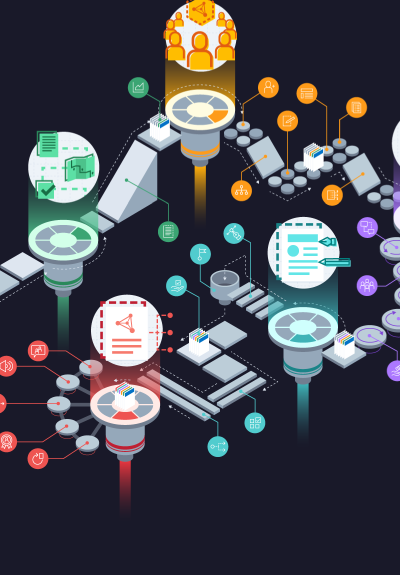AI Risk Management: Thinking Beyond Regulatory Boundaries
Released: 11/13/2024

While artificial intelligence (AI) offers tremendous benefits, it also introduces significant risks and challenges that remain unaddressed. A comprehensive AI risk management framework is the only way we can achieve true trust in AI. This approach will need to proactively consider compliance with improvements beyond the regulatory necessities.
In response to this need, this publication presents a holistic methodology for impartially assessing AI systems beyond mere compliance. It addresses the critical aspects of AI technology, including data privacy, security, and trust. These audit considerations apply to a wide range of industries and build upon existing AI audit best practices. This innovative approach spans the entire AI lifecycle, from development to decommissioning.
The first part establishes a comprehensive understanding of the components used to assess AI end-to-end. It shares considerations for a broad range of technologies, enabling critical thinking and supporting risk assessment activities.
The second part consists of appendices with potential questions corresponding to each technology covered in the first section. The questions are not exhaustive, but serve as guidelines to identify potential risks. The aim is to stimulate unconventional thinking and challenge existing assumptions, thereby enhancing AI risk assessment practices and increasing overall trustworthiness in intelligent systems.
Key Takeaways:
- Fundamental concepts, principles, and vocabulary used to assess AI end-to-end
- Key metrics used to evaluate an intelligent systems
- The value of AI trustworthiness beyond regulatory compliance
- How to assess risk during all stages of the AI lifecycle, including development, deployment, monitoring, and decommissioning
- Key factors that contribute to effective AI governance
- How to comply with global AI regulations such as the General Data Protection Regulation (GDPR) and EU AI Act
- Specific aspects to consider when evaluating an AI system, including AI infrastructure, sensors, data storage, communication interfaces, control systems, privacy methods, and much more
- Assessment questions pertaining to the above concepts
 Best For:
Best For:
- Auditors, regulators, and compliance officers
- AI developers and engineers
- Senior management
- Data privacy experts
- Third-party vendors
- Academic researchers
- AI ethicists and policy makers



